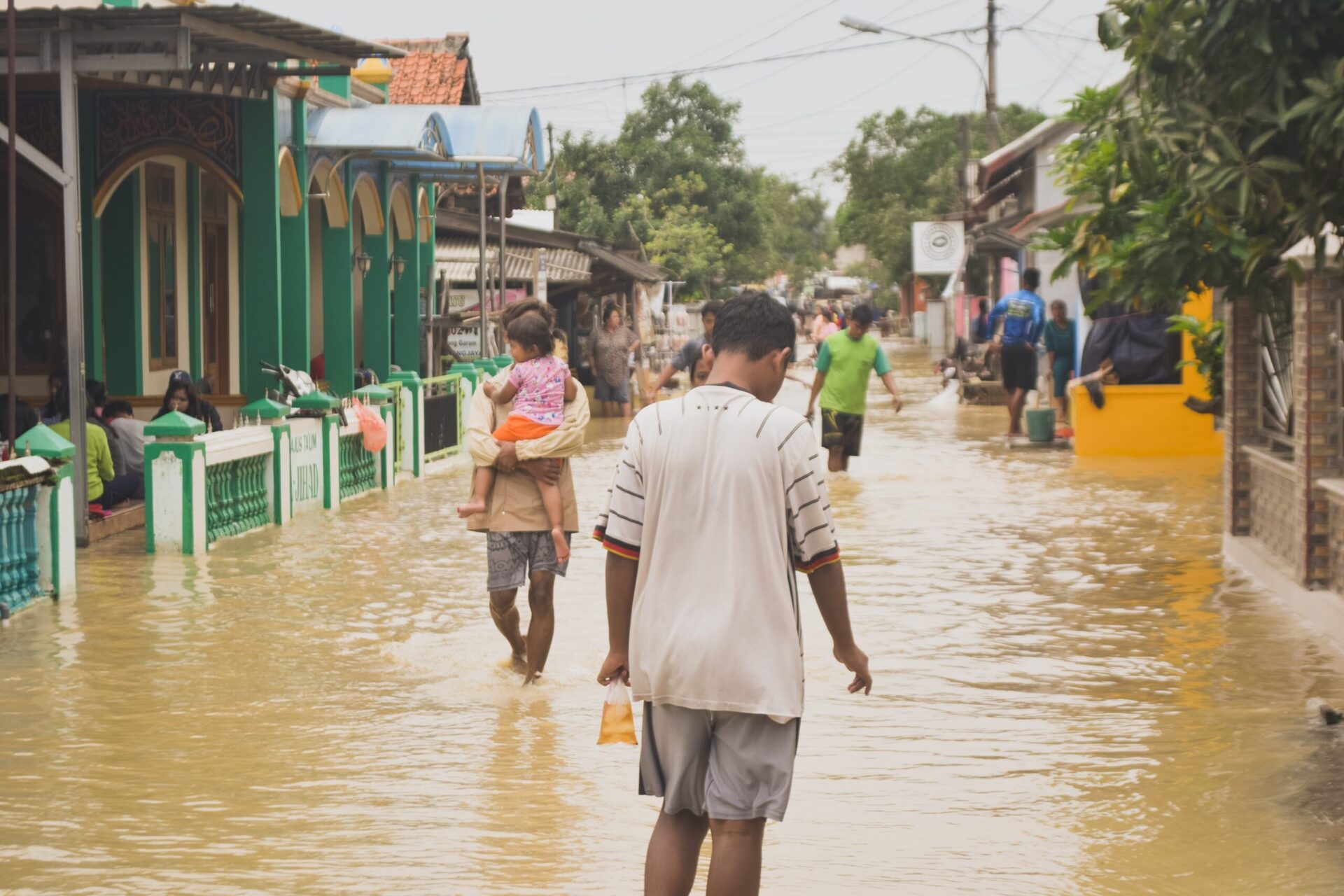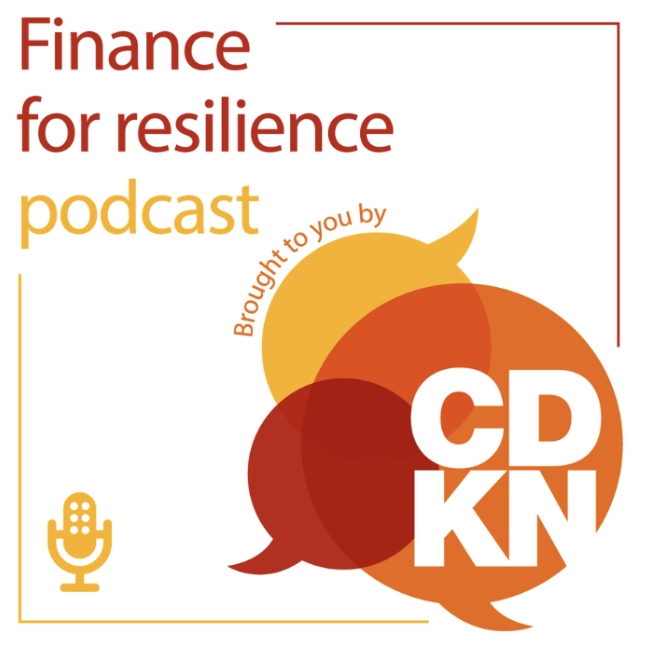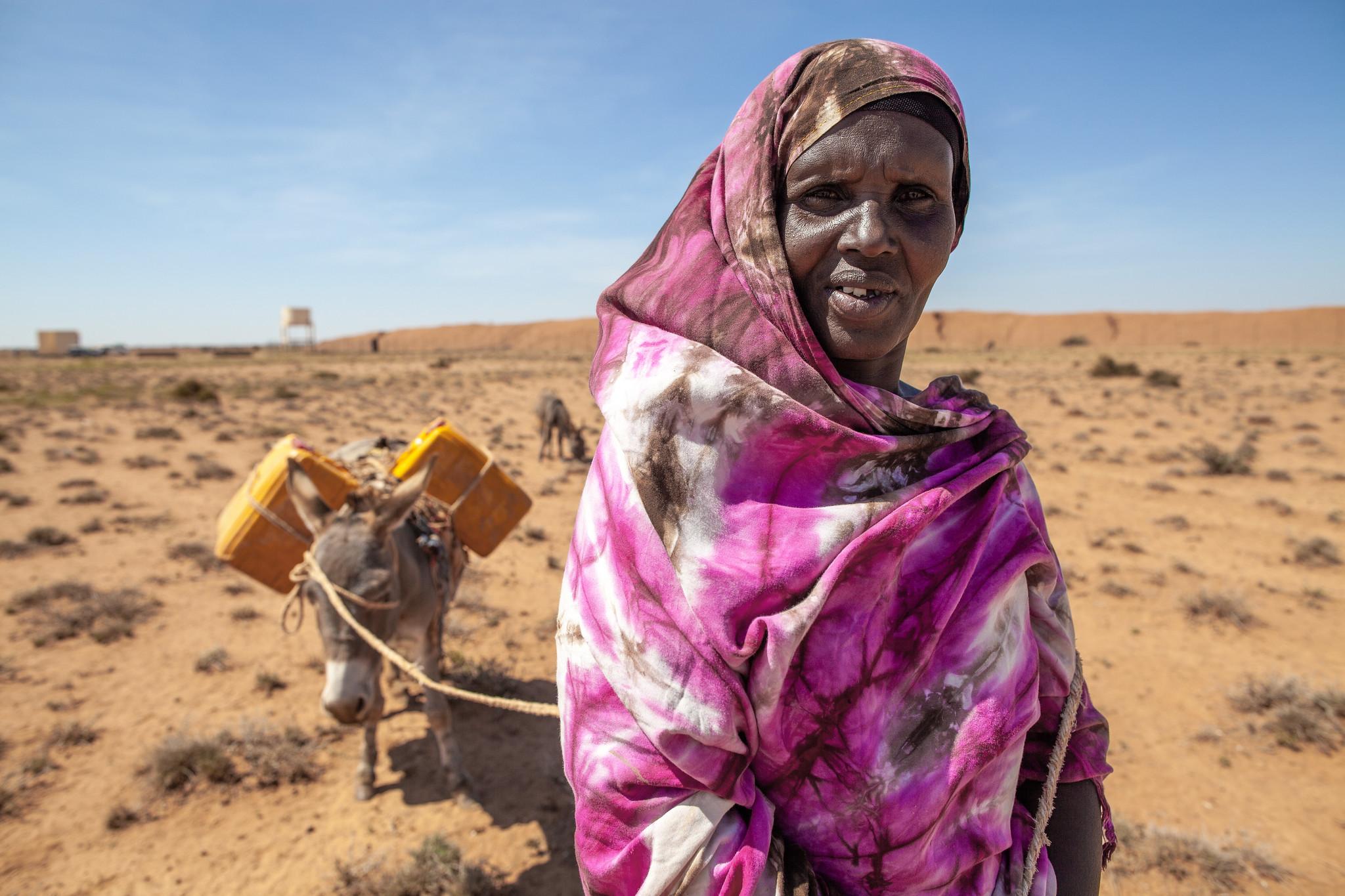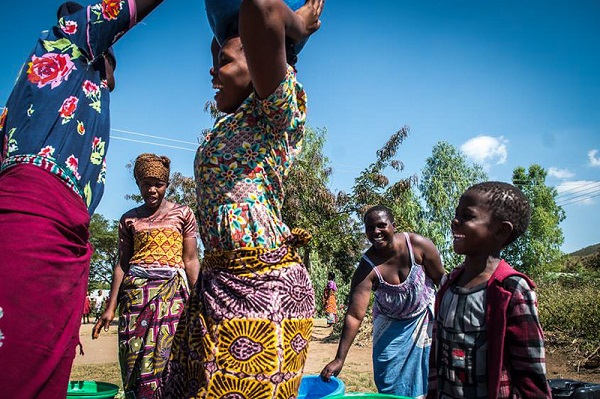Theme
Climate Finance
This theme captures a wide array of issues and perspectives associated with access to climate finance, with the aim of sharing knowledge and experiences for improving access to climate finance for the most vulnerable.

The impact of COVID-19 fiscal spending on climate change adaptation and resilience
New research from the University of Oxford analyses 8,000 government policies across 88 countries to reveal how Covid-19 recovery spending contributed to climate adaptation and resilience.
An Introduction to green bonds
Explore the basics of green bonds as a climate financing instrument through this introductory article.
Innovation in the microfinance sector to drive climate adaptation for smallholder farming in Ecuador
Learn about how the Andes Resilientes project, in collaboration with the Ministry of Environment, Water, and Ecological Transition (MAATE), is spearheading a transformative initiative within the framework of the National Climate Financing Strategy (EFIC) to tailor financial products for the unique needs of climate-vulnerable agriculture.
Climate-resilient Finance and Investment: Framing Paper
Learn about the current efforts to align finance with climate-resilient development, as well as possible ways forward for defining, measuring and mobilising adaptation-aligned finance in this OECD framing paper.
Operationalizing Finance for Loss and Damage: from Principles to Modalities
Explore this report providing information for crucial negotiations and discussions on loss and damage finance by exploring different options for how it can be operationalized.
CDKN: Finance for Resilience Podcast
Listen to 'Finance for Resilience', a podcast series created by the Climate & Development Knowledge Network (CDKN) whichexplores how financial solutions for climate change are developed, and highlights innovative solutions from practitioners and experts.
Landscape Assessment of State-Level Climate Financing Options
Learn about the financing aspects of clean energy projects in India with the help of substantial evidence and examples in this article based on a primary survey of financial institutions such as banks and non-banking financial institutions (NBFC’s).
Climate Finance for Sustaining Peace: Making Climate Finance Work for Conflict-Affected and Fragile Contexts
This study by UNDP, the Climate Security Mechanism and the Nataij Group examines climate finance implemented under multilateral 'vertical funds' and discusses how to make this work more effectively in contexts affected by conflict and fragility.
Malawi’s Youth Perspective on COP26 and its Outcomes
Read about the expectations youths from Malawi had towards COP26 and their reactions to outcomes from the event.
Guide to Strengthening Gender Integration in Climate Finance Projects
CDKN and WEDO's guide presents a framework of recommendations for strengthening gender integration in climate finance projects, with concrete examples and resources to show how it can be done.









